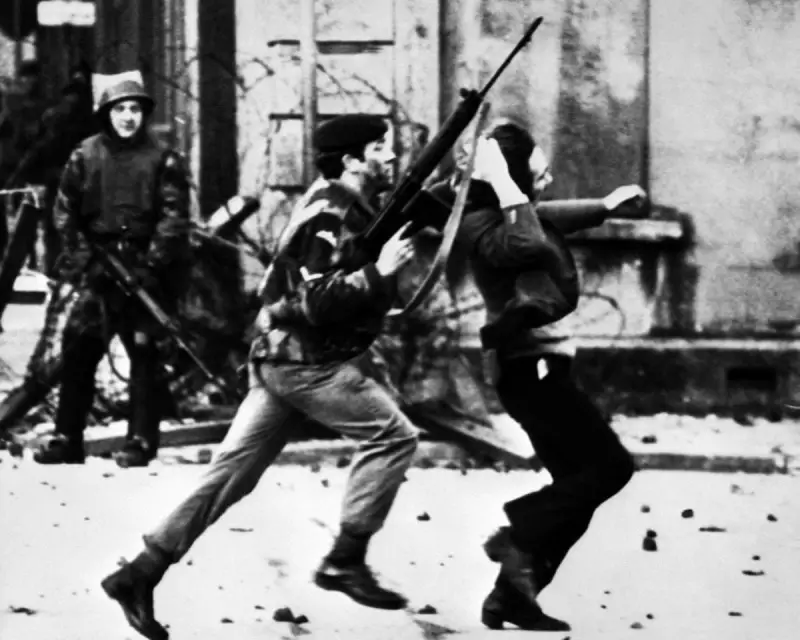
The return of BBC's critically acclaimed police drama Blue Lights has become more than just television entertainment—it's evolved into a national conversation starter about Northern Ireland's most painful chapters.
A Drama That Mirrors Reality
While the series follows fictional police recruits navigating post-conflict Belfast, its themes resonate deeply with ongoing real-world tensions. The drama's exploration of policing in a divided society coincides with renewed scrutiny of historical events like the Bloody Sunday trial.
Unresolved Wounds and Contemporary Echoes
The timing couldn't be more significant. As Blue Lights captures the daily challenges of maintaining order in communities still grappling with sectarian divides, Britain faces difficult questions about how it addresses legacy issues from the Troubles era.
The Bloody Sunday Shadow
Recent legal developments concerning Bloody Sunday prosecutions have highlighted how historical injustices continue to shape present-day Northern Ireland. The drama's authentic portrayal of policing complexities offers viewers insight into why these wounds remain so raw.
More Than Entertainment
Blue Lights succeeds where many historical dramas fail—it doesn't provide easy answers. Instead, it presents the moral ambiguities and institutional challenges that characterise Northern Ireland's ongoing peace process. The series demonstrates how the past isn't merely history; it's a living, breathing presence in daily life.
A Nation's Reflection
The drama's popularity suggests British audiences are ready to engage with these difficult topics. Through compelling storytelling and nuanced character development, Blue Lights creates space for conversations about justice, reconciliation, and the complex nature of truth in post-conflict societies.
As one of the most talked-about British dramas of the year, Blue Lights proves that television can be both outstanding entertainment and an important cultural mirror, forcing a nation to look at parts of its history it might prefer to forget.





